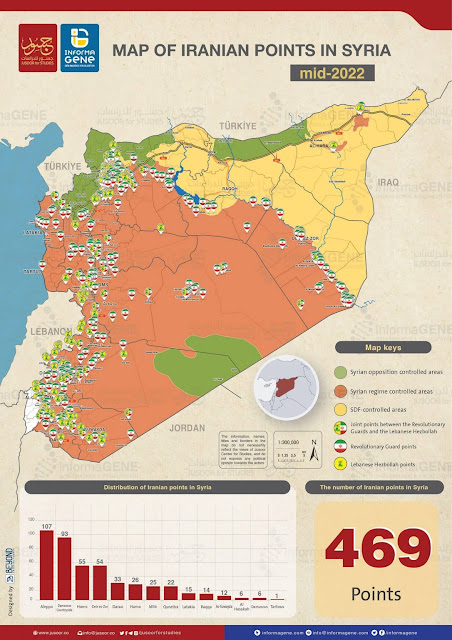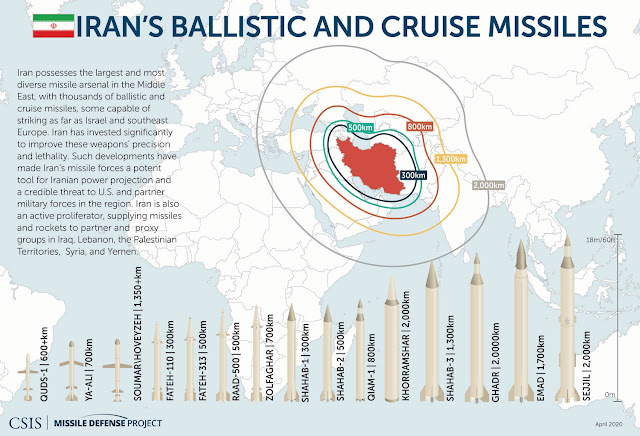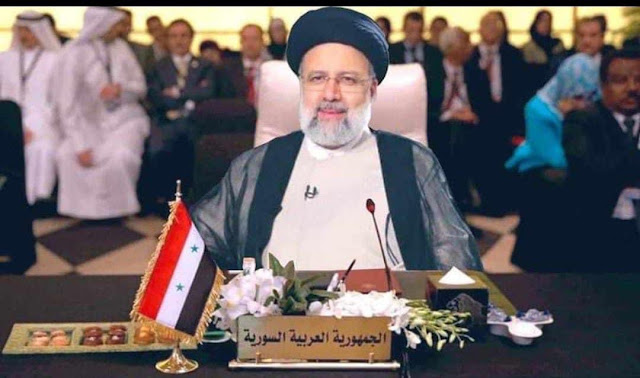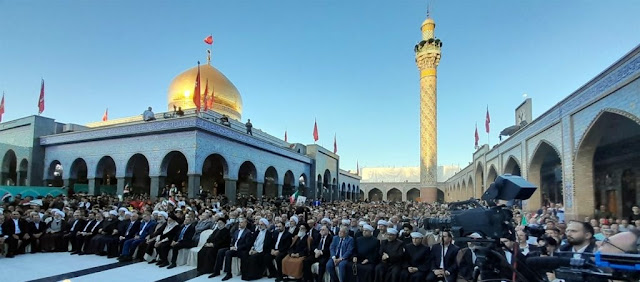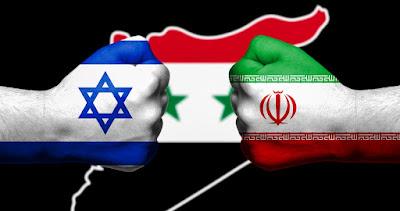Conventional Israel and The Changing Middle East: Strategic and Security Challenges

Through my attentive watch of the political and strategic developments in the Middle East, I can profoundly suggest that Israel's foremost problem belongs to the Israeli mentality and its conventional persistent perspective. By which, Palestinians are considered the essential source of threats and dangers that threaten Israel's existence and wellbeing. Then, this belief is directing almost all Israeli strategies and policies, which obviously have been resulting a consecutive series of failures and shortcomings at the domestic and regional levels in strategic and security terms. For the governing establishment of Israel, coexistence with Palestinians is an existential myth and impossible end despite that Oslo agreement and consequent cooperation with the Palestinian Authority refuted this belief. Furthermore, the recent developments in the Middle East since the Obama nuclear deal with Iran along with Obama's policies that empowered Iran and its regional 're...

